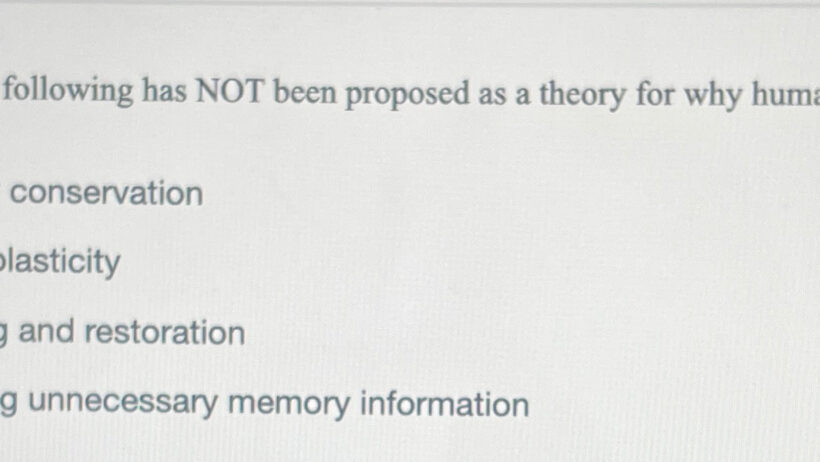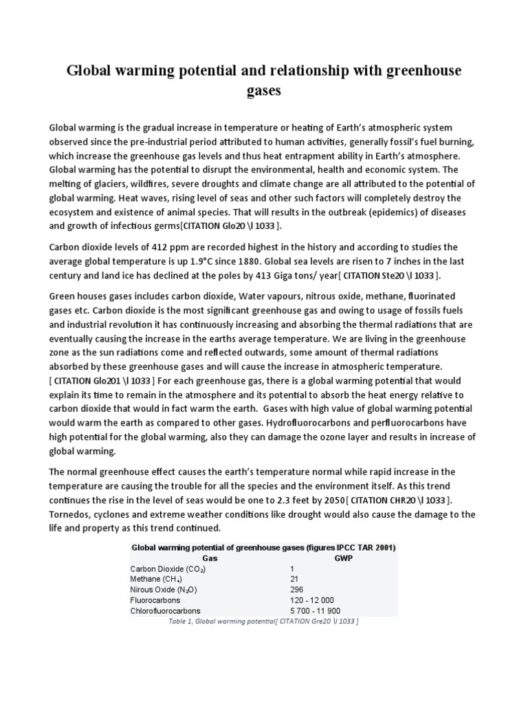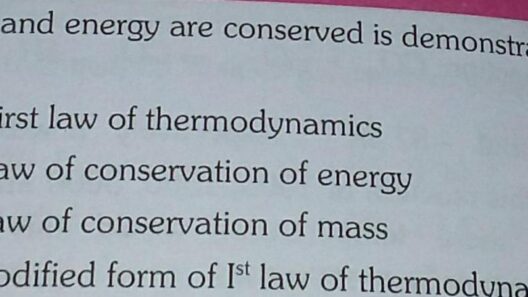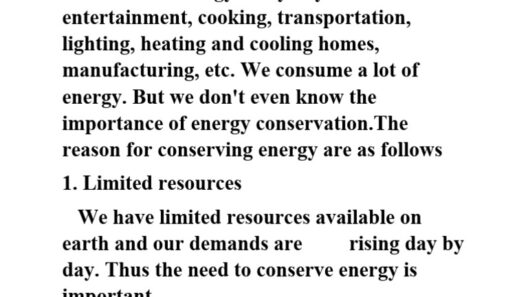In the grand theater of human biology, sleep functions as a stage for profound regeneration and metabolic adjustment, captivating an audience of scientists and researchers alike. The duality of our existence—awake and asleep—raises a pivotal question: does sleep conserve energy? At first glance, the connection may appear tenuous, yet it is woven into the fabric of our very being. This article delves into the intricate interplay between sleep and energy conservation, illuminating the multifaceted roles sleep plays in our lives.
Under the ethereal cloak of night, sleep emerges as a sanctuary for the weary. As daylight fades, the human body embarks on an odyssey of rejuvenation, traversing a landscape brimming with biological and psychological complexity. To understand the symbiotic relationship between slumber and energy conservation, one must first explore the mechanics of sleep itself.
Sleep is not a mere cessation of wakefulness but a dynamic state characterized by distinct cycles, weaving through REM (rapid eye movement) and non-REM phases. During these cycles, the body’s energy expenditure does not flatline; rather, it shifts gears, transitioning into a mode of energy redirection and storage. The brain, an organ renowned for its metabolic voracity, reduces its energy consumption, allowing resources to be conserved for essential processes. This is akin to a skilled musician shifting tempo, maintaining harmony while evoking a persona of calm.
Metabolism and Sleep: The Metabolic Ballet
During sleep, the body participates in a metabolic ballet that actively promotes energy conservation. While resting, basal metabolic rate (BMR)—the energy expended at rest—declines, offering a reprieve from the energetic demands of wakefulness. This reduction in metabolic activity serves a strategic purpose: it preserves energy reserves, which can be critically important for survival.
Hormonal shifts during this nocturnal interlude amplify the role of sleep in energy management. The secretion of growth hormone peaks, facilitating cellular repair and the synthesis of proteins. Additionally, sleep enhances glucose metabolism. A well-rested individual exhibits improved insulin sensitivity, optimizing energy storage and usage. This dance of hormones not only conserves energy but curates it, ensuring that when we awaken, we are primed for action.
Notifications and the Vigilant Mind: The Cost of Modern Disruptions
In contemporary society, the sanctity of sleep faces numerous threats. The relentless pinging of notifications, the glow of screens, and the cacophony of urban existence disrupt our nocturnal repose. This intrusion transforms sleep from a conduit of energy conservation to a battleground for mental fatigue. The repercussions of sleep deprivation extend far beyond grogginess, impacting metabolic health and energy levels.
Studies indicate that chronic sleep deprivation may lead to a cascade of adverse effects, including impaired glucose tolerance and increased appetite, particularly for high-caloric foods. The irony is palpable: rather than conserving energy, sleeplessness precipitates a state of inefficiency, requiring more energy to compensate for diminished cognitive functions. Modern life’s demands can hijack our energy conservation mechanisms, revealing that in our pursuit of productivity, harmony is often sacrificed.
Sleep Architecture: Understanding the Cycles
A thorough investigation into sleep architecture sheds light on why different sleep stages play paramount roles in energy conservation. Non-REM sleep consists of stages that facilitate physical replenishment, while REM sleep is integral for cognitive recovery. It is a beautiful irony that during REM sleep, when the mind is most active, muscle atonia protects us from acting out dreams, creating a paradox of heightened cerebral activity occurring alongside physical immobility.
Such intricate cycles are not random but heavily influenced by circadian rhythms—the internal clock that governs sleep-wake cycles. This regulatory mechanism ensures that energy conservation is maximized during periods of inactivity. As night envelops the world, the brain releases melatonin, signaling a shift toward energy conservation. It is nature’s call to retreat and replenish, a reminder that even in stillness, dynamic processes unfold.
Restorative Retreat: The Health Benefits of Quality Sleep
The adage “you snooze, you lose” holds true when viewed through the lens of energy conservation. Quality sleep is synonymous with numerous health benefits, directly influencing energy levels and overall wellness. Numerous studies correlate sufficient restorative sleep with improved cognitive functioning, emotional regulation, and physical health. Remarkably, individuals who engage in habitual, high-quality sleep display greater resilience against chronic diseases, which reflects a harmonious relationship between sleep and energy conservation.
The restoration of cellular functions occurs in harmony with energy conservation during sleep. This process aids in clearing metabolic waste produced during wakeful hours, such as beta-amyloid proteins linked to Alzheimer’s disease. In essence, sleep acts as a vigilant janitor, cleaning up the debris of wakefulness while ensuring that energy reserves remain intact and primed for use. Just as a well-tended garden flourishes, so too does the human body thrive on the nourishment of restorative sleep.
In conclusion, sleep is not merely a passive phase of existence but a vital mechanism for energy conservation and overall health. The interplay of hormonal regulation, metabolic activity, and circadian rhythms creates a systematic architecture of restorative processes. As modernity threatens to disrupt our slumber, the call to valorize sleep becomes paramount. Embracing this nocturnal sanctuary may well be the key to unlocking the depths of human potential, ensuring that as we awaken each day, we do so not just with energy but with vibrancy and resilience. The journey from dusk to dawn is a continuous cycle, wherein energy conservation unfolds, allowing the human experience to flourish in the splendor of wakefulness.







